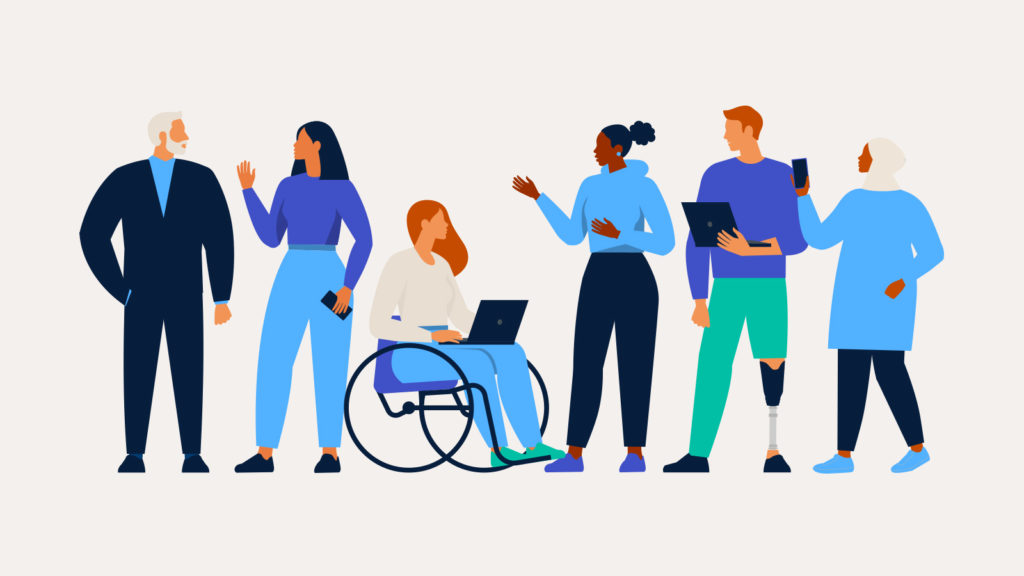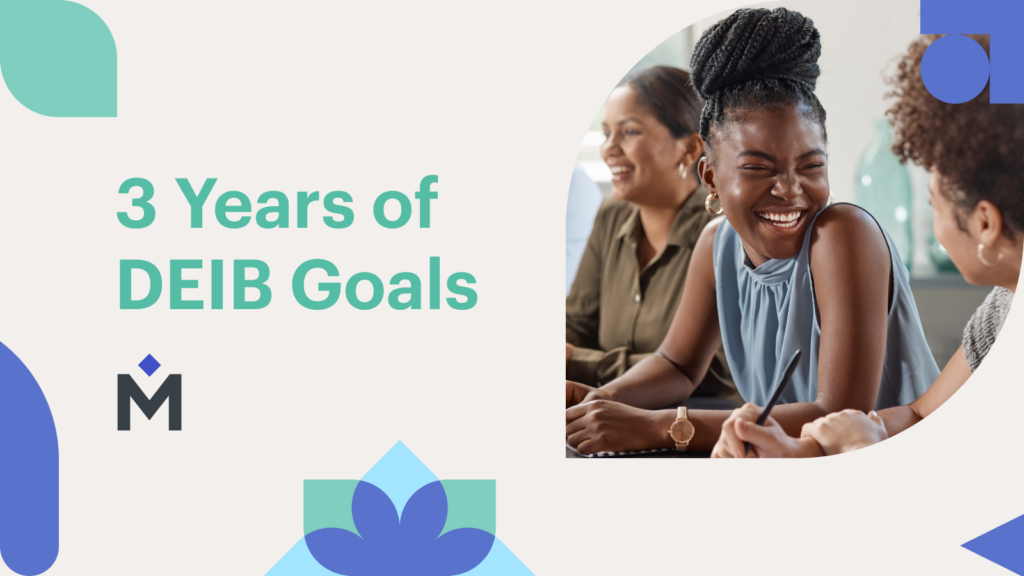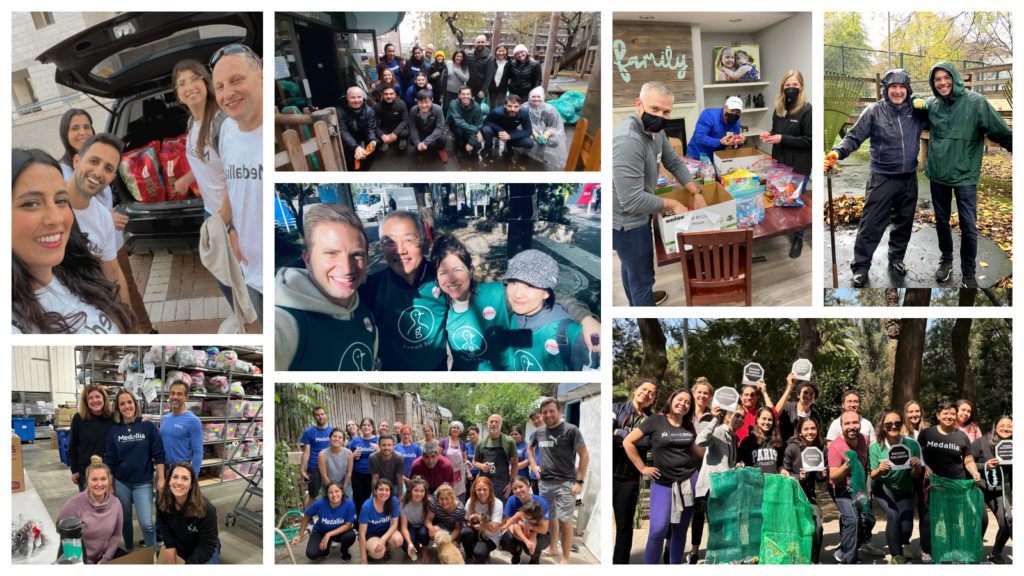It has never been enough to simply focus on diversity and think the job is done. We have to be intentional in changing our behaviors and ways of thinking.
You’ll often hear us say that we want you to bring your whole self to work. While there are many ways to unpack this statement, this blog will focus on what it means in terms of how we view diversity and inclusion. For us it is more than diversity, inclusion, and belonging; it’s also about equity.
That’s why we have a team dedicated to Diversity, Equity, Inclusion, and Belonging, otherwise known as DEIB. Led by Lauren Jackman (LJ), Global DEIB Director, her team partners with the greater organization to fully embody DEIB and drive initiatives company wide. So why add equity?
“The addition of equity reflects the growing focus on equity across our diversity programs. From pay equity to the advancement of goals related to representation in leadership, we seek not only to ensure that people from all backgrounds are part of the company and feel a sense of belonging, but also that all people experience fairness in the organization,” LJ said.
In other words, factors like race, gender, sexual orientation, and parental, Veteran, or disability status should not be predictors of pay, performance outcomes, or opportunity to advance. Rather than assume everyone has the same experience and the same needs, we can seek to embrace our differences and focus on being responsive to the unique needs of each community to ensure that everyone has the same opportunity to succeed.
Being intentionally inclusive
This leads me to the purpose of this blog. Admittedly, I buried the lede a bit — but context is needed. Our goal is to have a diverse and equitable environment, where everyone experiences inclusion and belonging. To aid in fostering and normalizing inclusion and belonging, every month (and often twice a month), our Employee Resource Groups (ERGs) host town halls with expert speakers to discuss topics or lead workshops that are closely related to their community.
This month, Medley, our cross-functional Diversity Council, highlighted disability awareness with guest speaker Justin Graves, motivational speaker and founder of HESONWHEELS. This town hall was especially important because DEIB work often focuses on race, gender, sexuality, and intersectional identities while bypassing the importance of identifying and course correcting implicit ableism.
Justin shared with me that he wants people to understand one thing: “When it comes to combating implicit ableism, it’s a developmental process. It’s important to know that advocacy work is always continuous and iterative. Don’t beat yourself up if you slip up; course correct and keep going.”
How do we identify ableist behaviors and correct them? We can start with the language we use. Justin shared some examples below.
Instead of saying:
- Next steps
- Run through/Walk through
- As you can see
Try saying:
- Upcoming activities
- Let me show you how
- As you may observe
These few examples show how simply paying attention to the words we use can begin to change how we think and in turn create a more inclusive environment where everyone feels they belong.
“Companies often avoid addressing these kinds of needs because they are both challenging and, frankly, inconvenient. It becomes less inconvenient, though, when we normalize inclusion. It probably won’t be in my lifetime, but I do have hope that we will get to a point where there isn’t a need for a whole separate office or strategy for inclusion. Let’s normalize inclusion for ableism and beyond,” Justin said.
We can normalize inclusion through sustained collective effort and intention. The key word is intention — it has never been enough to simply focus on diversity and think the job is done. We have to be intentional in changing our behaviors and our ways of thinking that often stem from decades of societal influence. We invite you to continue to follow our journey as we work to change the hearts and minds of people to hopefully one day get to a place where DEIB is the norm.
Medallia is growing and dedicated to “hiring the whole person.” Join the #MedalliaLife by heading to our careers page and applying to one of our open positions today!
Plus, be sure to follow Medallia Life on Instagram and Twitter for an inside look at our culture, for updates about openings, and more.







